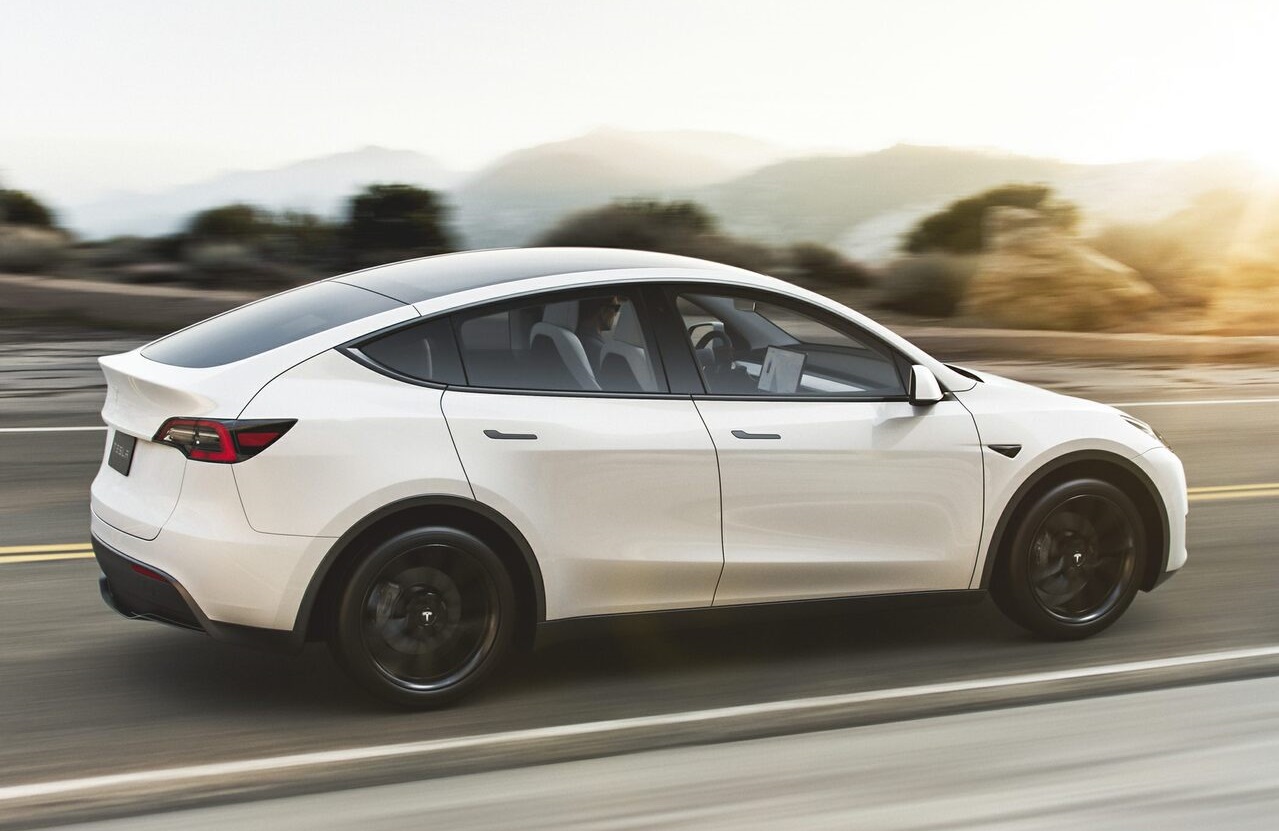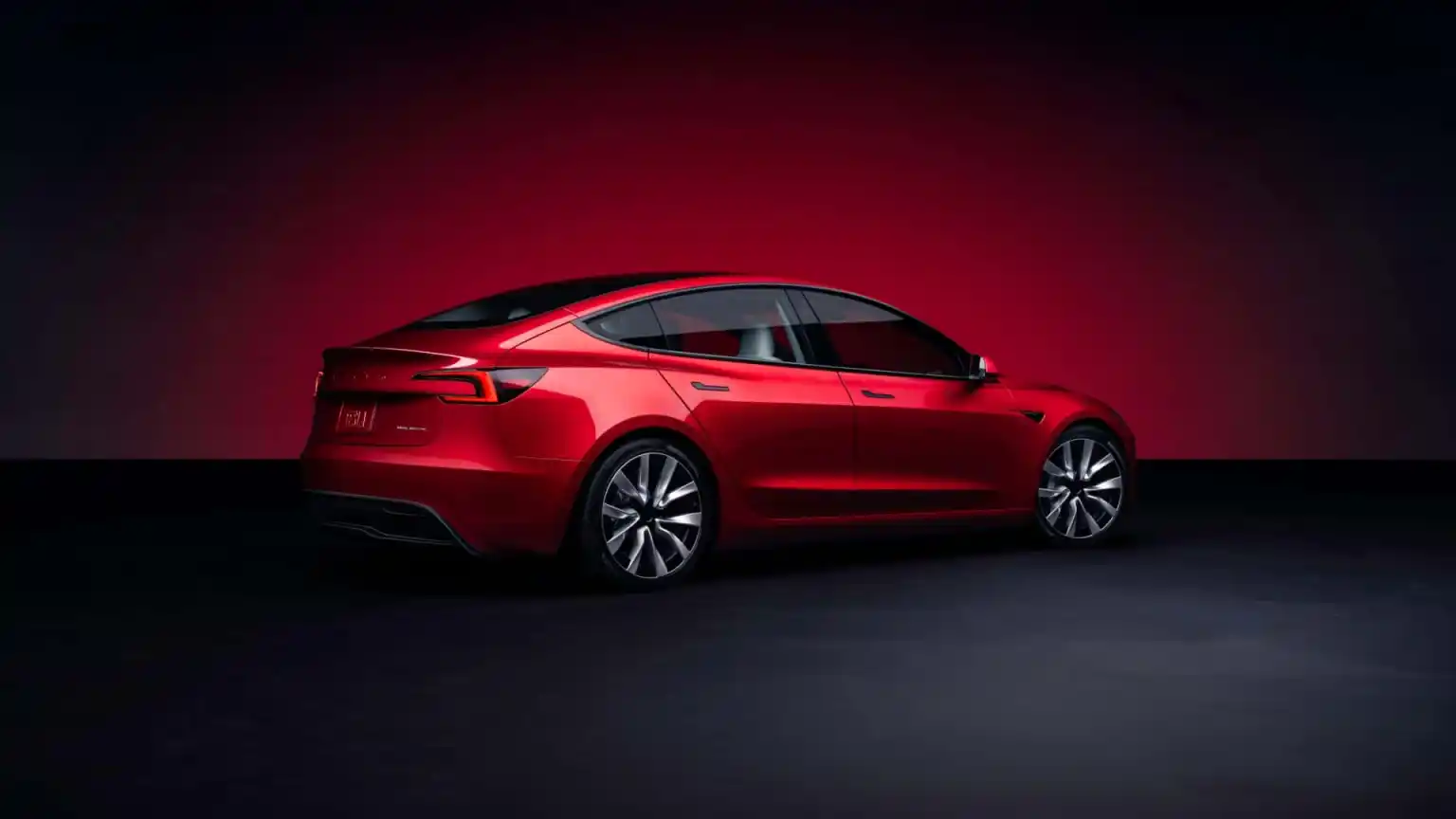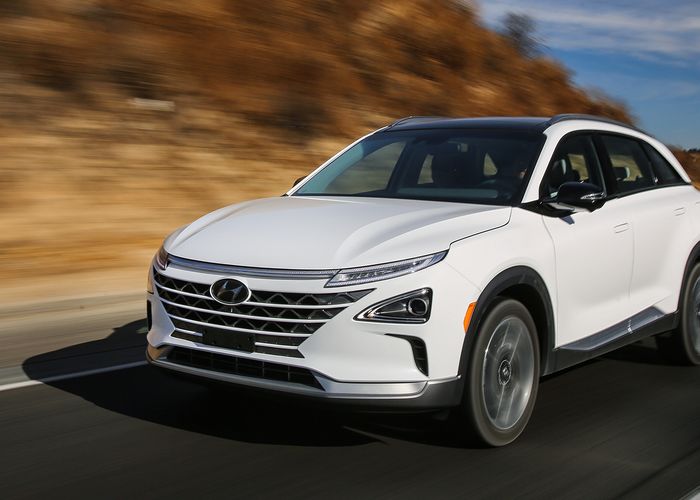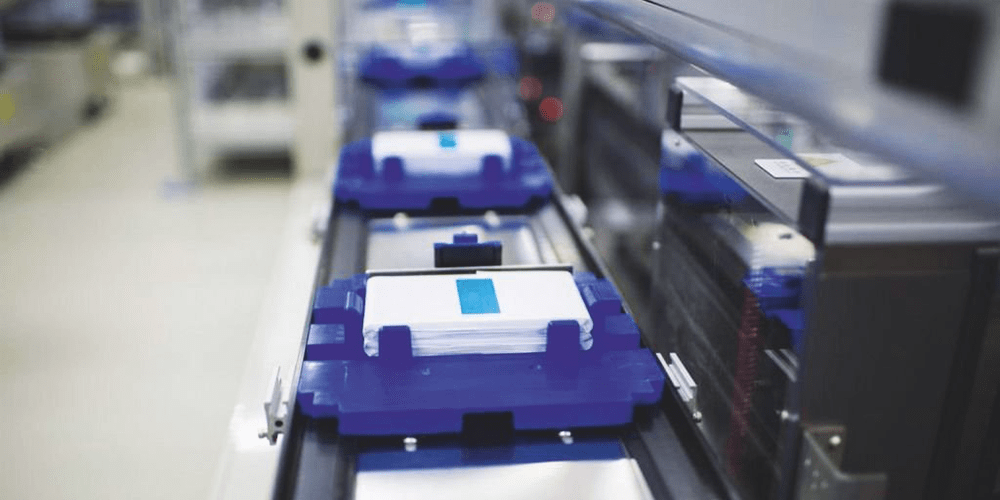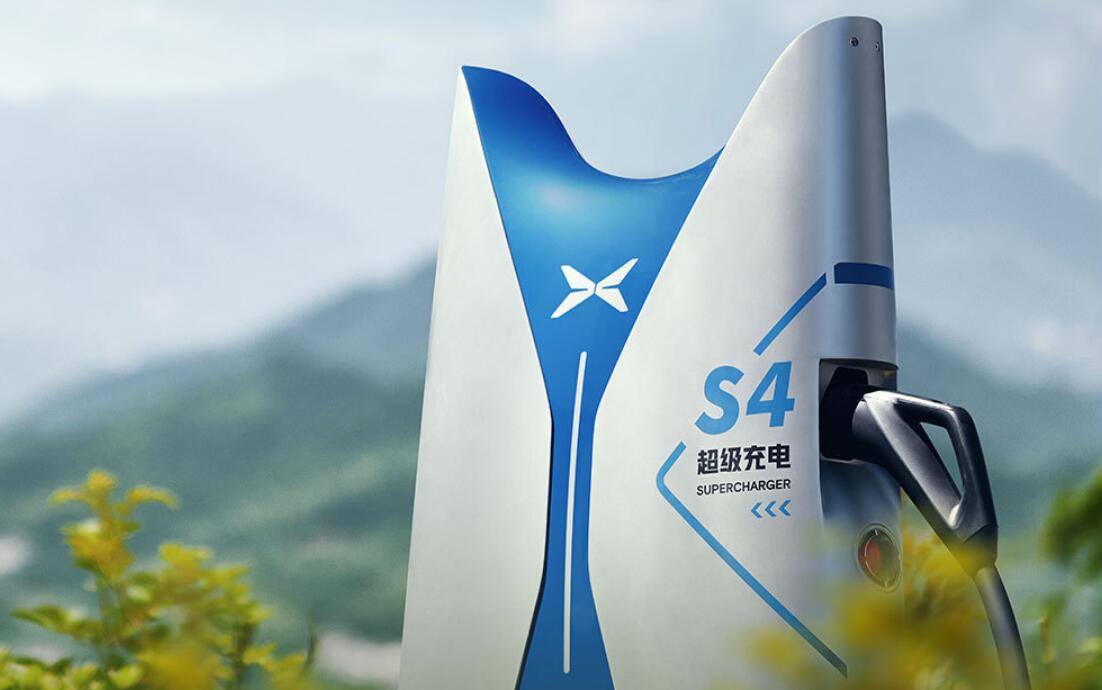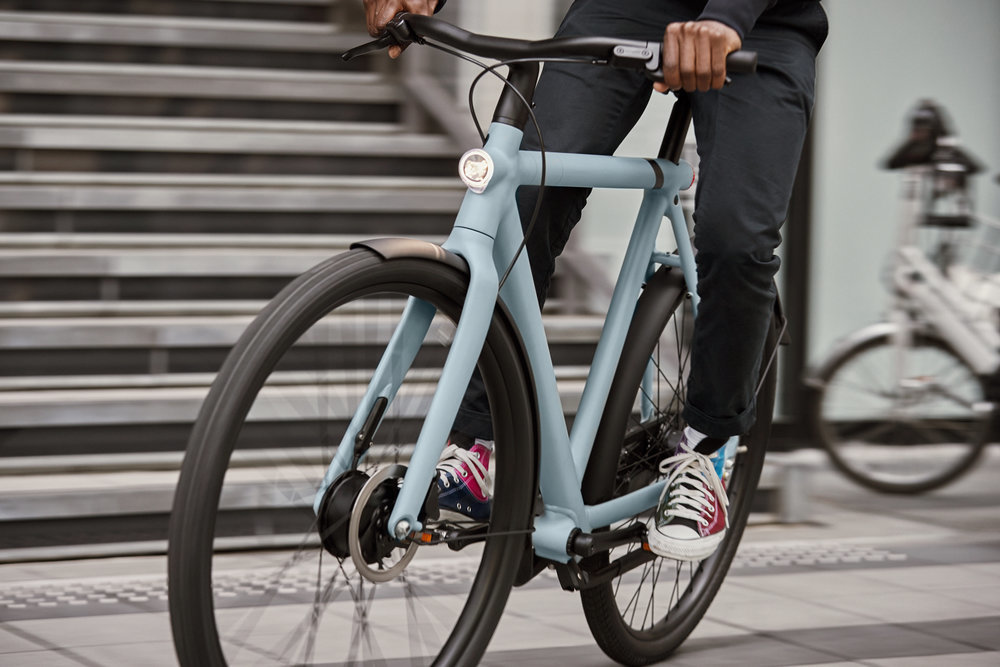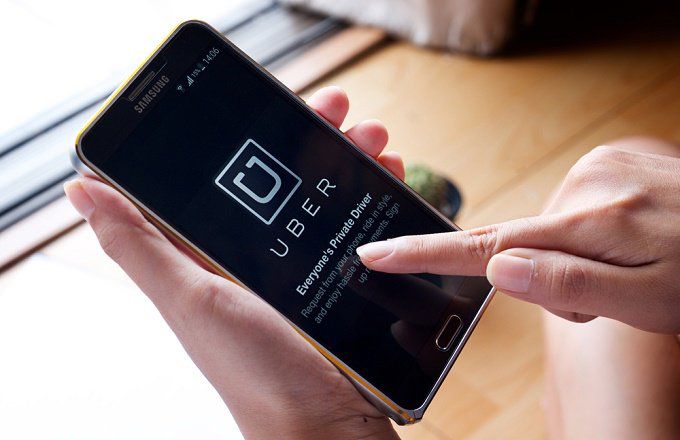In a development that has drawn attention from both industry observers and consumers, electric car manufacturer Tesla is now under federal scrutiny as the Department of Justice (DOJ) has initiated an investigation into claims that the company intentionally exaggerated the potential driving distances of its electric vehicles (EVs). Central to the investigation is the assertion that Tesla’s in-dash range meters have been calibrated to display range estimates that may be more optimistic than real-world performance would suggest.
The impetus for the DOJ’s inquiry can be traced back to a Reuters investigation that suggested Tesla may have intentionally elevated the displayed range figures on its EVs. This aspect of Tesla’s offerings has been a focal point for prospective buyers, often touting impressive range estimates alongside advanced features like autopilot functionality.
See also: NHTSA expanding its investigation for Tesla Autopilot
Reports have emerged regarding a specialized “Diversion Team” within Tesla, supposedly tasked with managing service appointment cancellations arising from the variance between advertised and achieved range estimates. Some customers have reported challenges in reaching the indicated range, which in turn raised concerns about the operational efficiency of their vehicles.
Nevertheless, Tesla’s software reportedly provides more accurate range projections once the battery charge falls below 50%. Furthermore, the vehicles are equipped with a reserve buffer that enables driving for an additional approximate 24 kilometers even after the battery charge indicator reaches zero. While this measure offers a safety net, the analogy of a restaurant advertising a sizable steak but withholding the last few ounces resonates, highlighting the importance of clear communication.
Interestingly, in contrast to Tesla’s strategy, certain other electric vehicle manufacturers, such as Hyundai, have reportedly erred on the side of underestimating their vehicles’ ranges.
See also: Tesla’s Megapack factory in China draws criticism from US Congressional Committee
This issue of alleged range manipulation is said to have originated during Tesla’s earlier stages, when the company had a limited offering of the Roadster and Model S. Today, despite a broader array of electric models, Tesla’s range projections continue to be recognized as among the most generous in the EV market. However, independent testing has raised concerns that these estimates may not adequately account for external factors like temperature fluctuations, potentially impacting the real-world driving experience.
This investigation joins a series of ongoing inquiries that Tesla is currently navigating, including the examination of its Autopilot driver assistance system and an investigation into the allocation of company funds for a confidential project described as a residence for CEO Elon Musk.

